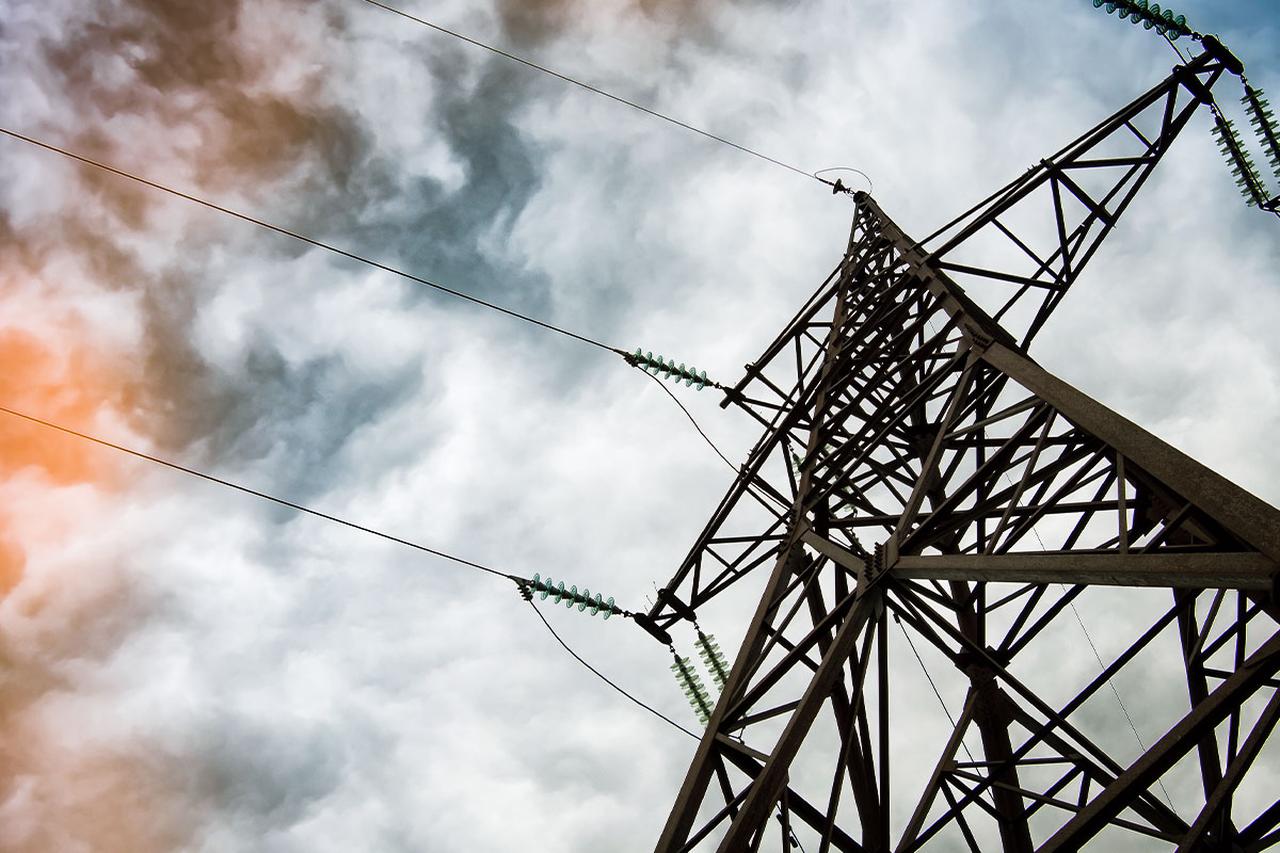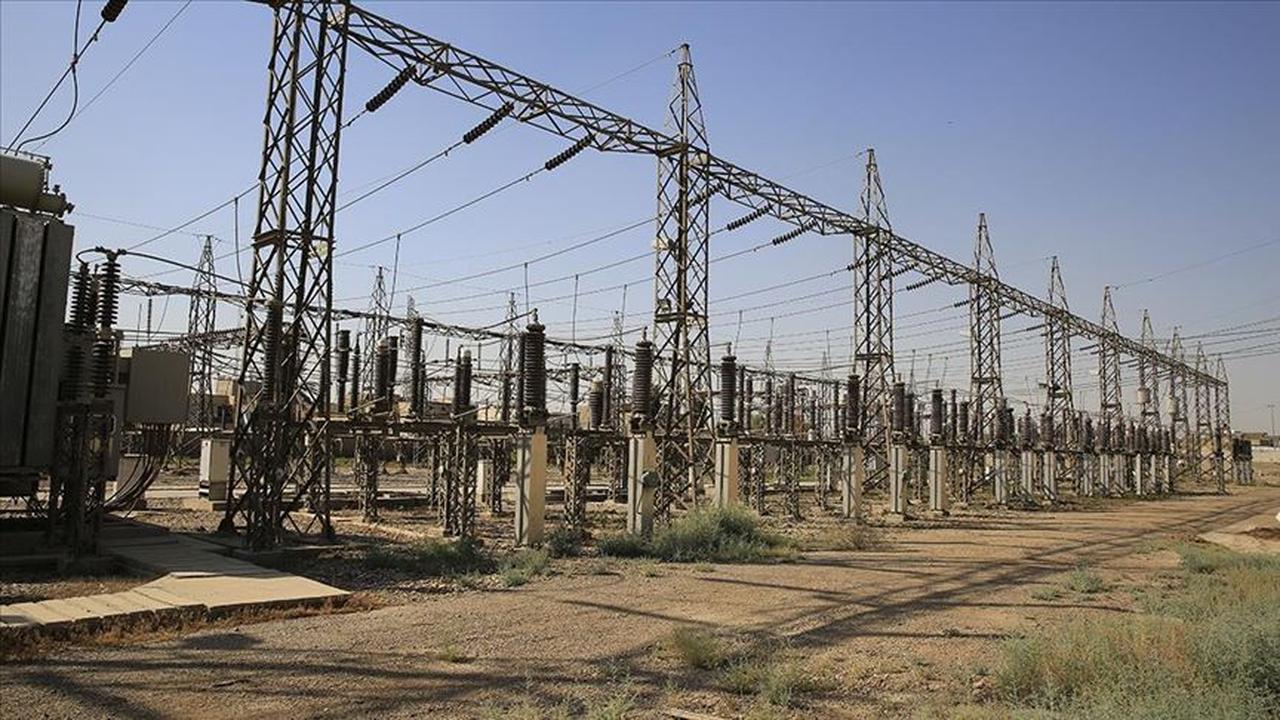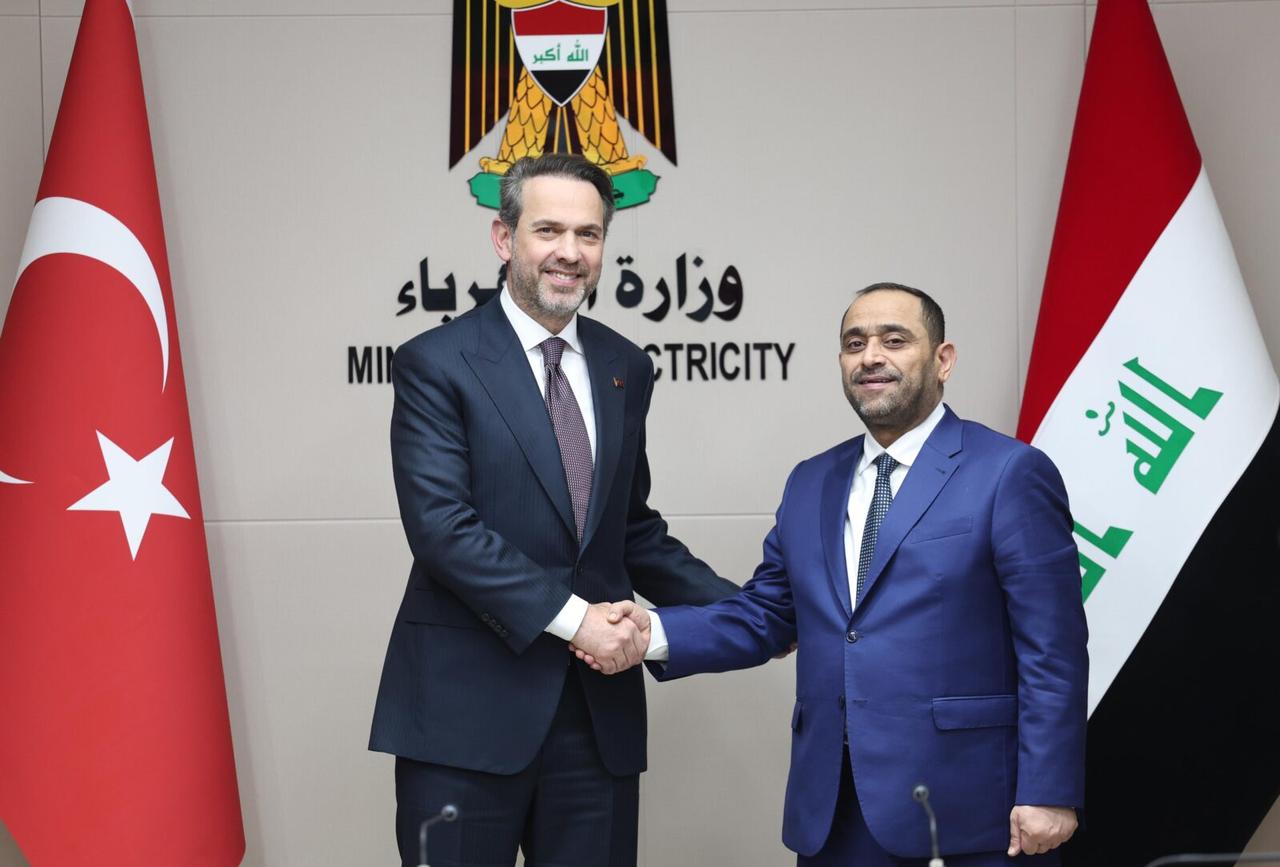
Türkiye is set to double electricity exports to Iraq from 300 MW to 600 MW, as Turkish firm Alfirin Energy signed a new agreement with Iraq's Ministry of Electricity on Wednesday to expand the capacity of the cross-border transmission line.
The move comes as part of Baghdad’s broader strategy to diversify energy sources and integrate more deeply with neighboring and European energy networks.

According to the Iraqi news outlet iraqinews.com, the enhanced capacity is expected to be operational within one month.
The deal follows the inauguration of a 115-kilometer transmission line linking Türkiye to northern Iraq in August 2024, which currently supplies electricity to 3 regions in the north.
In December, Alfirin Energy had submitted a licensing amendment application to Türkiye’s Energy Market Regulatory Authority (EPDK) to authorize electricity sales to Iraq.
In March this year, Iraqi Minister of Electricity Ziyad Ali Fadel announced during a meeting in Baghdad with Türkiye’s Minister of Energy and Natural Resources, Alparslan Bayraktar, that the necessary infrastructure and logistical preparations had been completed to increase the electricity supplied to Iraq via Türkiye from the current 300 megawatts to 600 megawatts.

This development forms part of Iraq’s broader strategy to enhance cross-border energy integration. In early 2024, a 40-megawatt transmission line became operational between Jordan and Iraq, supplying power to western regions. By January 2025, Prime Minister Mohammed Shia Al-Sudani confirmed that Iraq was making concrete progress on similar interconnection projects with the Gulf States and Türkiye, aiming ultimately to align with the European Union’s electricity grid.
In the south, work on the Iraq–Gulf interconnection is approaching completion. As of late December, 90% of the project had been finalized, according to the Iraqi ministry. Once operational, the system will deliver up to 500 megawatts of Gulf-generated electricity to Basra, contributing to a more balanced national energy distribution and easing strain on Iraq’s domestic grid. While northern Iraq is already receiving power through the Turkish link, the southern regions are now preparing to benefit from this parallel energy corridor.